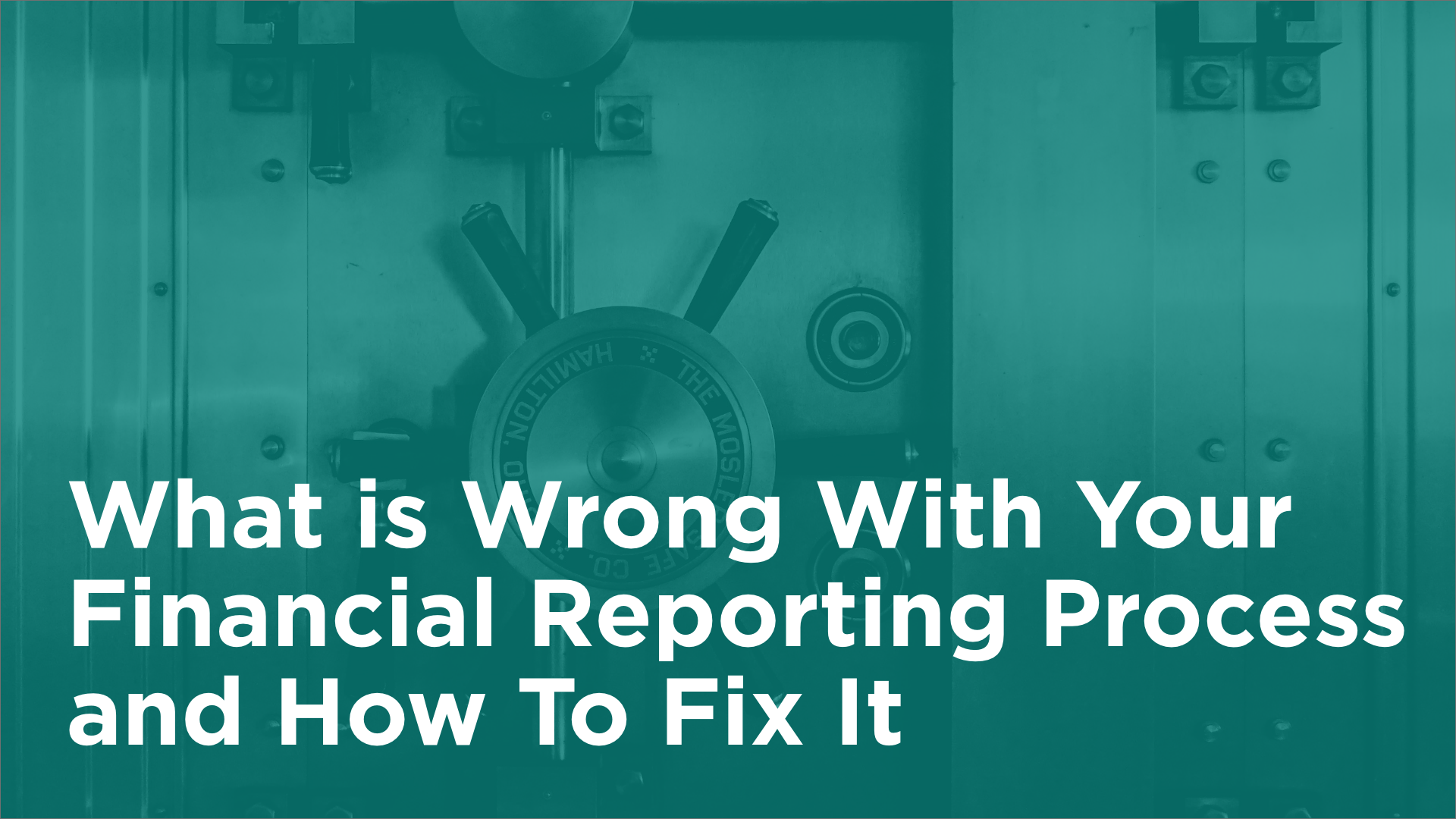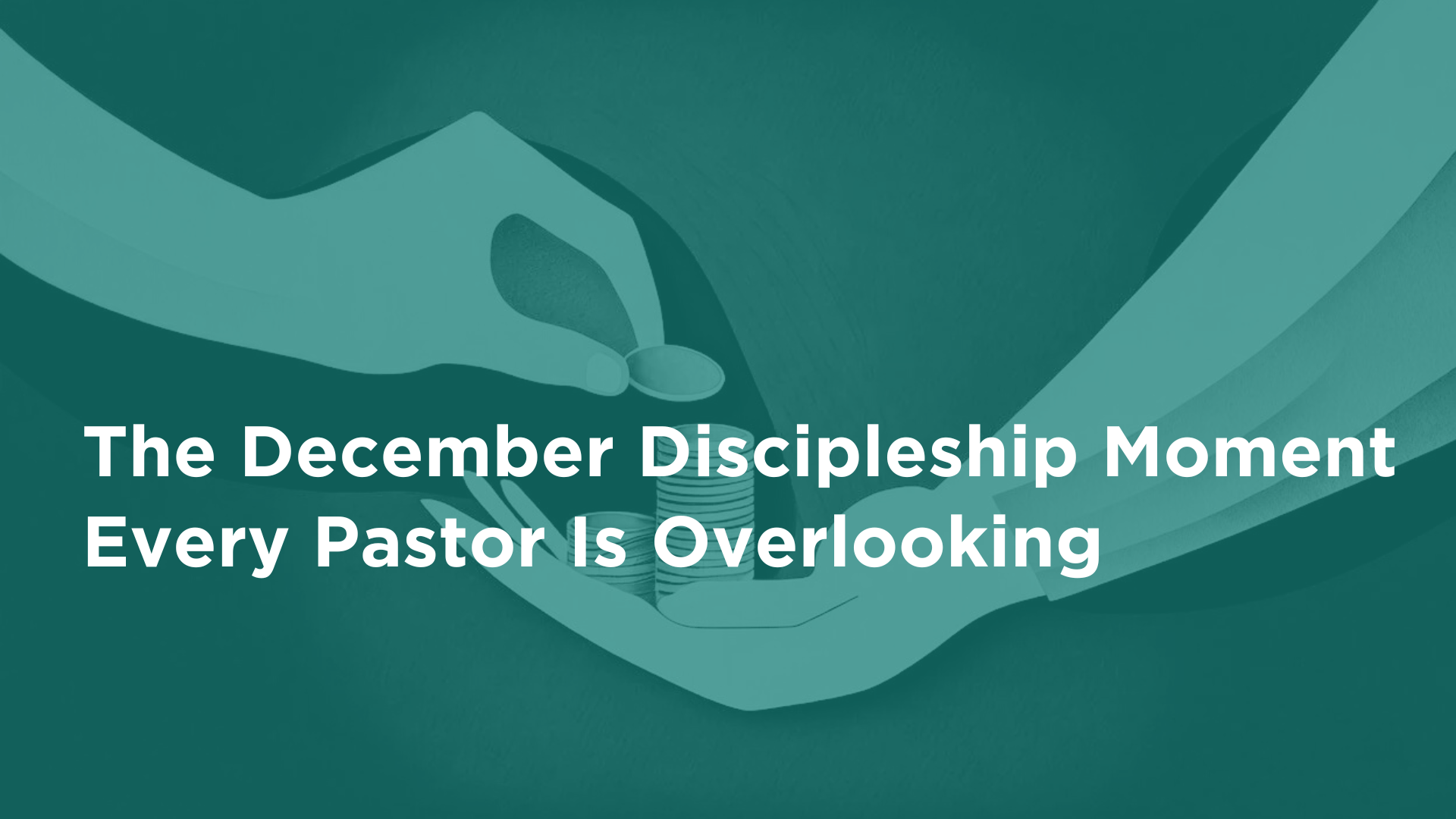
Written By Carla Maxwell Ray, CFRE , Senior Generosity Strategist
How well do you know your church’s finances?
Maybe as a member of the leadership team you don’t think that’s in your job description. However, knowing the health of your church’s finances—and increasing your financial literacy will enable you and your staff to make confident, informed decisions about the future of your kingdom reach. While you’re at it, sure up your own financial health.
What is Financial Literacy?
Living a generous life and stewarding the resources God has entrusted to us can be difficult if you are not financially literate. But what does financial literacy mean?
Senior Generosity Strategist Carla Maxwell Ray shares a practical explanation in this short video. Watch now!
How to become financially literate?
Now that we’re clear on how important it is to know your financial situation, what can you do to improve your understanding of money? Here are five areas you can begin to work on for your church or organization, and for yourself:
Five areas you can work on to become more financially literate.
1) Assess your financial situation.
For your church: Set up a meeting with your accountant or finance officer. Ask for a briefing on everything. And if you aren’t already, ask for a monthly or quarterly financial statement.
For your family: Before you start any great endeavor, you must know where you are—that includes getting your financial house in order. Print out your bank statement, download a copy of your credit report and read them from top to bottom. Highlight things you have questions about. Track your spending for a week and look for patterns, or pitfalls. Categorize your spending so that you know how big your buckets are for utilities, mortgage, personal care, giving, pet care, etc.
2) Clean up your financial files.
For your church: Quarterly or yearly, clean out and shred old financial files that are no longer relevant. Make sure any licenses you pay for are kept up-to-date. Empower your finance team to invest in an organization tool—software, filing materials, etc.—that improves their efficiency and accuracy, while reducing headaches. Steward your givers and look for trends by analyzing your giving data.
For your family: Clean up your piles of paper. Set up a filing system online or in a filing cabinet that makes it easy for anyone to find anything at any time. Clean up any discrepancies on your credit reports. Computers and humans don’t always get it right. It’s up to you to double check your reports for accurate information and to advocate for yourself to have any inaccuracies corrected.
3) Pay down financial debt.
For your church:A building, land purchase, or new equipment can leave a church in debt. Gather your financial team and board and rearrange your finances to become debt-free as quickly as possible. Negotiate on your interest rate. Consider if it's time to accelerate giving through a
campaign or
generosity initiative.
For your family: Make a spreadsheet of your debts (credit cards, student loans, car loans, etc.) with balances and monthly payments. You can use the APR method of paying off the debt with the highest APR first. Or you, can use the snowball method of listing debts from smallest balance to largest. Pay off the smallest balance first, then apply what you were paying to the smallest balance to the next debt on your list, plus the payment you were already making on that debt. In this way, you’re accumulating all payments to the next bill, so that after paying off three or four statements, you’re making a substantial payment to the larger debts.
4) Save money for the future.
For your church: Your board probably wants you to have a certain amount of money set aside in savings for those “just in case” situations. A natural disaster, a pandemic, an economic downturn—any of these things could happen. And when something unforeseen happens, have extra finances ready. That goes a long way in how agile your organization can be in responding to emergencies.
For your family: How does your savings and retirement plan look? Having diversity in your savings plan insures that should the economy hit one segment particularly hard, it won’t completely devastate your financial future. Having a savings account, IRAs, Mutual Funds, stocks, even rental property can solidify and stabilize the future of your family. Establish an emergency fund to help you weather tough times and unanticipated occurrences.
5) Set financial goals and adjust accordingly.
For your church: God has asked us to go out and make disciples. With goals, we prayerfully keep kingdom expansion in mind. We listen to God’s leading, we pray as a leadership team or board of directors, and we ask the Lord to guide our plans. Model generosity and invest in your community. Sometimes, those plans will require the adjustment of other financial line items to make room for the plans God leads us to.
For your family: Being more generous, family vacations, sabbaticals, a new home, or car—there are a number of goals you’d like to accomplish for your family. As you look to your future, make realistic estimates of costs, and create a plan to get there. Maybe that means eliminating some of your family’s discretionary spending. Or maybe that means slowing down your debt payoff if a car becomes a pressing need.
A Culture of Generosity For Your Church
Our team of Generosity Strategists have been helping churches and organizations develop a culture of generosity rooted in biblical principles for over three decades.
We’d love to offer you a free strategy session about how you can build a culture that embraces generosity like never before.







No Comments Yet
Let us know what you think